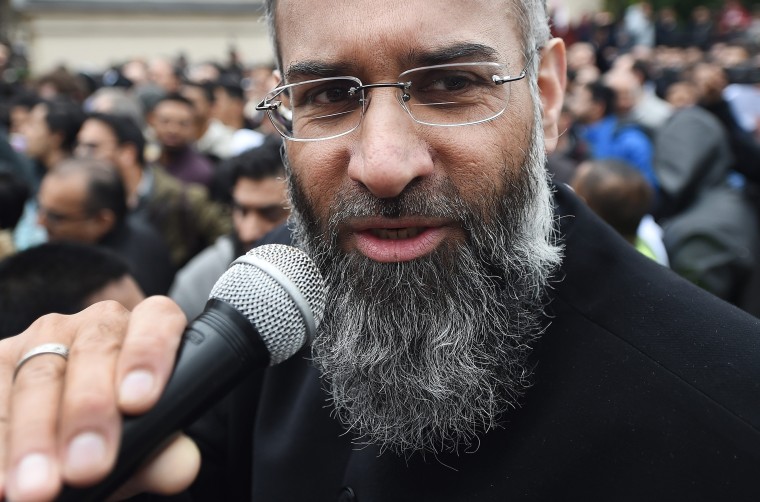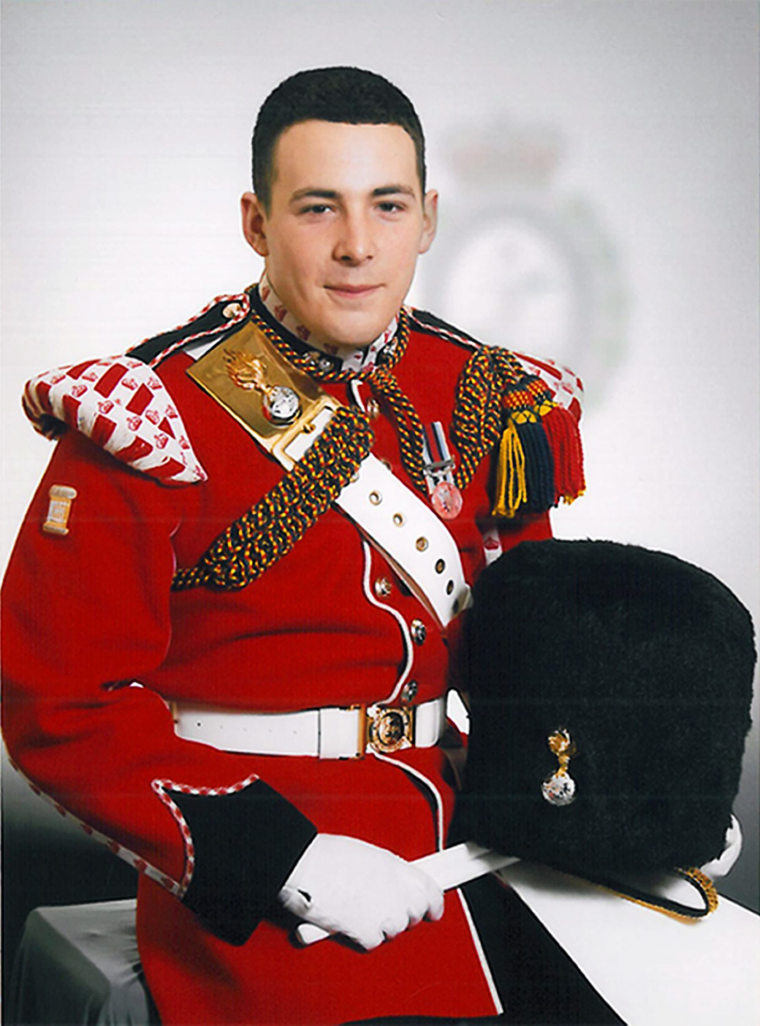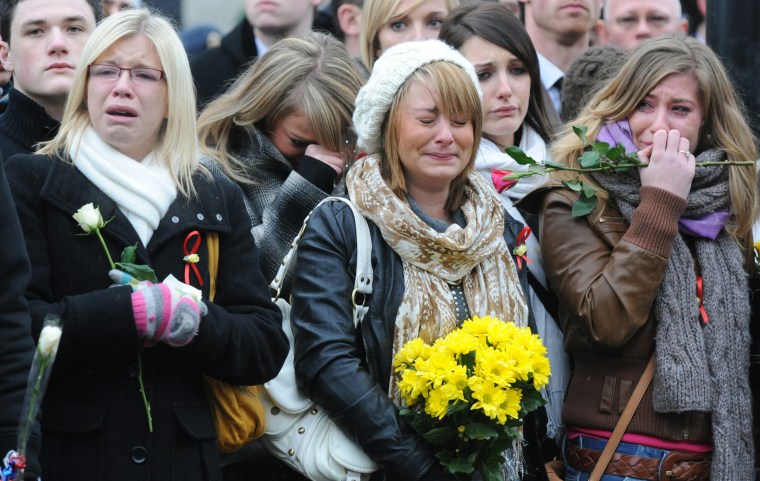LONDON — A notorious radical Islamist who spent 20 years taunting authorities by preaching hatred of the West while using its freedoms to avoid prison has finally lost his game of legal cat-and-mouse.
Anjem Choudary's conviction of encouraging his followers to back ISIS was revealed earlier this week. However, he had previously recruited dozens of supporters, including one of the group's alleged masked executioners and one of the killers who beheaded a soldier on a London street.
The 49-year-old lawyer walked a fine line between freedom of speech and inciting hatred, remaining “just inside the law for many years,” according to Metropolitan Police Counter Terrorism Commander Dean Haydon.

Anti-racism group Hope Not Hate described the media-friendly cleric the “biggest cheerleader in the English-speaking world” for ISIS.
Choudary reveled in his notoriety, telling one follower: “I can’t help being the most hated man in England.”
He never condemned a terrorist attack, always said he could “understand” what motivated terrorists and warned constantly that the West was in danger of attack unless it changed its ways.
Choudary sought converts by speaking about the everyday struggles of life in the West and told them that Islam would rise again, and take over the country. It was a sermon of revolution, of strength and revival, of the downtrodden finding a voice, and one of thinly veiled threats.
It was delivered from street stalls, in community halls — even church halls — across Britain, often in venues unaware of his true message.
Choudary expanded his preaching outside his east London base to Muslim communities in blue-collar English towns such as Luton, Walsall and Stoke-on-Trent, and took advantage of online video channels to record messages for broadcast.
When interviewed, he would emphasize his right to “free speech” and in court he used the Europe-wide Human Rights Act to defend his freedoms despite advocating the abolition of both and rule by Shariah law.
Choudary needed the media to maintain his profile, and approachable persona was useful to interviewers desperate for an “authentic” voice of radical Islam.
In the U.S., Choudary was a regular media go-to and inspired a short-lived branch of his group in New York, until member Mohammed Junaid Babar was arrested and turned FBI informant.
He also knew how to make tasty headlines, blaming the U.S. for radicalizing the masked executioner seen in propaganda videos of ISIS beheadings and once pledging to convert the royal family's Buckingham Palace into a mosque.
His legal training allowed him to stay two steps away from crimes committed by his admirers, who included Michael Adebolajo, one of the 2013 killers of Fusilier Lee Rigby. Although he was "linked" to many convicted terrorists, there was no evidence that he initiated any of their plots.

When high-profile hate preacher Omar Bakri Muhammad was banned from returning to Britain in 2005, he assisted the cleric's supporters — giving them advice on how to avoid getting arrested and providing legal updates to make sure as many as possible were able to continue preaching.
In 2006, a group run by Choudary was “proscribed” — or outlawed — by the British government.
But he avoided the sanctions that go with membership of a proscribed organisation by reforming the group 11 times under different names.
One of the groups, Al-Muhajiroun, was shut down after followers were found plotting a fertilizer bomb attack on a London shopping mall.
By 2010, Choudary was gaining notoriety by threatening an Islamist march through Wootton Bassett, the English town famous for honoring fallen British servicemen on their return from overseas.

Despite being on the radar of authorities for years, he had only one British conviction — for failing to give notice to police when he organised a protest in London against Danish cartoons of the Prophet Muhammad. While several of his followers were jailed, he escaped with a fine.
Choudary was sentenced to jail in Belgium in 2012 for a public order offence but never returned and it was not serious enough to trigger extradition.
However, some of his associates there were later jailed for up to 15 years for sending recruits to join ISIS.
Five of his followers were convicted of making threats after they picketed at homecoming parade in Luton for troops from the Royal Anglian Regiment, accusing the soldiers of being rapists, murderers and baby killers. Some held banners saying: “Go to Hell.” They were given two-year conditional discharges and were ordered to pay costs of $600 each.
For some radicals, Choudary’s “Teflon” coating had become a source of suspicion, with rumors circulating that he was working for Britain's MI5 domestic intelligence service.
In fact, he was just unwilling to spend time in jail.
Even toward the end of his case, he wandered the corridors of London’s Old Bailey courthourse, seemingly convinced he would walk free again.
His conviction — which came July 28 but which was not able to be reported until Tuesday as a result of court restrictions — will be followed by sentencing next month. He faces up to 10 years in prison.
Many observers say Choudary’s situation represents the silencing of the messenger, but not the message.
Choudary has been one of the most significant mouthpieces for radical Islam in the West for a decade but there are many propagandists willing to fill the gap that he has left.
